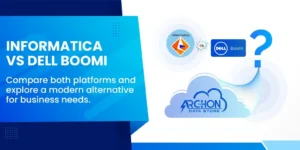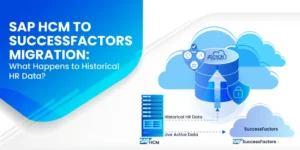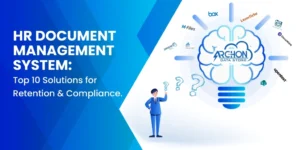If 2020 has taught us all something, we need to adjust what we expect from corporate technology. It is a combination of:
- Greater value for the money spent
- Greater flexibility in how technology can be applied to a problem
- Greater evolution and innovation from the tech vendor community
- Less drama and greed
From the research we co-produced with EDB titled “Drivers and Impediments to Digital Transformation“, the market reaffirmed this tone.
Example
From the AWS re:Invent Conference the CEO Andy Jassy discussed the constrictions placed on organizations and how they are changing the rules all the time to their advantage. For instance, Microsoft placing a ‘tax’ on SQLServer licensing if a customers wants to run in any other cloud but Azure.
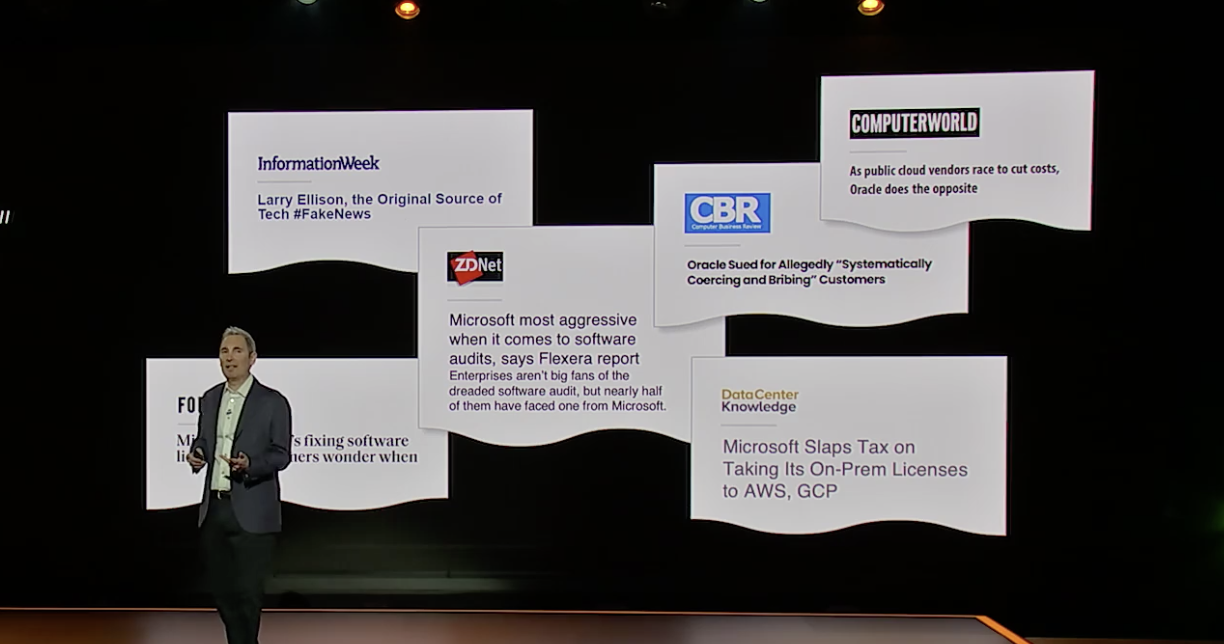
Another example that how Oracle is forcing customers to upgrade from ‘standard edition’ to ‘enterprise edition’ with little in the way of conversation or validation. Just sending an invoice.
Palisades Compliance shares examples and confirms in this blog.
Using Oracle Standard Edition used to be a highly effective way for companies and government agencies to leverage solid Oracle technology without the incredibly large fees associated with Oracle Database Enterprise Edition. If you could fit your usage into the technical limitations of Standard Edition, then it made sense to get on board.
Unfortunately, somewhere along the line (starting in 2015 actually), Oracle discovered they could force customers into giving it more money, simply by changing the Standard Edition rules, even after customers bought the Standard Edition product! Back in 2015, Oracle wanted you to spend more money on Enterprise Edition. Today, Oracle wants you to spend more money on Oracle Cloud. The names of products may change, but this is just another example of “Oracle being Oracle”.
 Legacy technology vendors who made their billions over the years are doing everything they can to maintain that very high margin money from organizations and using every legal and contractual trick in the book. Traditional annual maintenance has a 96% margin which you expect engineering new capabilities, bug fixes and a quality of ‘enterprise support’ that fits the money spent. But that is not what is happening.
Legacy technology vendors who made their billions over the years are doing everything they can to maintain that very high margin money from organizations and using every legal and contractual trick in the book. Traditional annual maintenance has a 96% margin which you expect engineering new capabilities, bug fixes and a quality of ‘enterprise support’ that fits the money spent. But that is not what is happening.
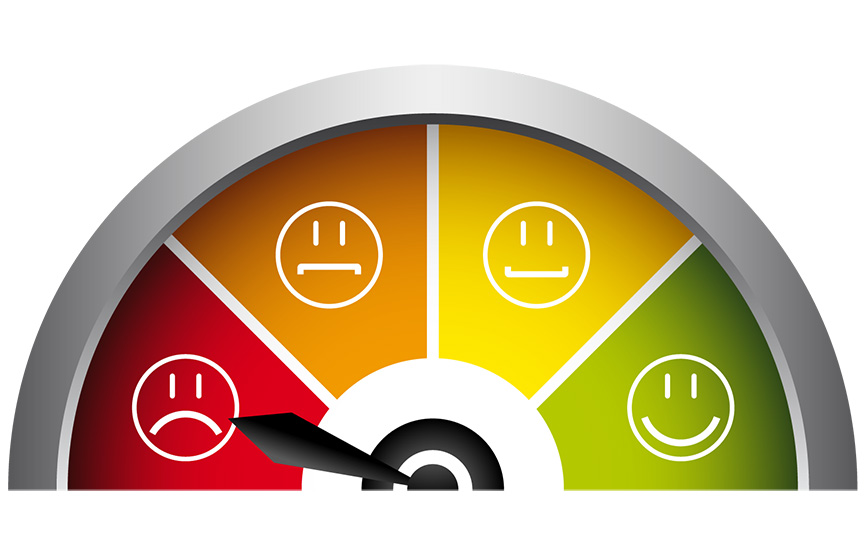 Organizations need to step back and evaluate their data and databases. This includes:
Organizations need to step back and evaluate their data and databases. This includes:
- A proper forensic ‘accounting’ of systems. This includes being able to analyze the age of the data.
- A legal review of contracts to understand the actions possible and reactions by the vendor in retaliation.
- From this accounting moves to ‘assessment’ phase what needs to be migrated into a better platform, archived for ‘data runout’ or just deleted.
- Business cases evaluation of the right platform to run the migration and archive against based on the business need and technology requirements.
Platform 3 Solutions has experts and technology to automate this effort to bring forth the right technical, legal and financial evaluation within weeks. Savings of 60-70% are standard because of this ability to migrate workloads to a more open-source based technology, archived to a much lower cost per terabyte platform for proper management and cleaning out the data that is clogging systems.

Platform 3 Solutions is a global leader in end-to-end legacy application migration and retirement solutions. Platform 3 empowers secure and seamless transitions of data and applications, eliminates technology debt, and delivers the ROI to invest in technology modernization.

